Cooking oil might seem like a minor part of your meal, but the type you use can make a major difference. While many oils are labeled as “light” or “heart-healthy,” several popular options are highly refined, heavy in inflammatory fats, or lacking in real nutritional value. Some can even compromise the overall quality of your dish without you realizing it. The upside? There are cleaner, more nutrient-rich alternatives that enhance flavor and hold up better in the kitchen. In this guide, we’ll break down 5 common cooking oils to skip—and 5 smart, health-forward swaps that are actually worth keeping in your pantry.
1. SKIP: Soybean Oil
In countless American kitchens and processed foods, soybean oil hides in plain sight. While it’s often marketed as a heart-healthy option due to its polyunsaturated fat content, its extremely high omega-6 levels can tip the inflammatory balance when not offset by omega-3s. Most soybean oil is also highly refined, meaning it’s processed with high heat and chemical solvents that strip away beneficial nutrients. With frequent use, it can quietly contribute to issues like oxidative stress and metabolic imbalance. Considering how prevalent it already is in packaged foods, it’s wise to cut back on this overused cooking staple at home.
2. SKIP: Corn Oil
This oil has been a go-to for frying and baking for decades, but popularity doesn’t always equal quality. Corn oil is heavily processed and, like soybean oil, high in omega-6 fatty acids, which can contribute to chronic inflammation when consumed in excess.
It’s often stripped of natural nutrients during refinement, leaving behind a neutral oil with little to offer beyond calories. While it has a relatively high smoke point, its nutritional drawbacks make it a questionable choice for daily cooking. Given the better-for-you oils readily available, corn oil’s place in your pantry might be overdue for a rethink.
3. SKIP: Canola Oil
Regarded by many as a healthier pick, canola oil benefits from a reputation that doesn’t quite match reality. Yes, it has a favorable fat profile—but that comes with a catch. Most canola oil on store shelves is refined through high-heat processing and chemical extraction, which can compromise its nutrient value and alter its fat structure. While it’s suitable for high-heat cooking, its omega-3 content is unstable and easily damaged during heating. If you’re aiming for whole, nutrient-dense options in your kitchen, there are more transparent, less processed oils that provide the same versatility with added health benefits.
4. SKIP: Sunflower Oil
At first glance, sunflower oil seems like a smart, plant-based option. It’s light in flavor and often promoted as heart-friendly, but its nutritional reality is more complicated. Most refined sunflower oil contains very high levels of omega-6 fatty acids, which, in excess, can contribute to inflammation and heart issues—ironically, the very thing it’s marketed to prevent. The refining process strips away much of its natural vitamin E, and it’s often used in processed foods and fried items. Although it works well in cooking, the long-term health trade-offs make it far less appealing than it initially appears.
5. SKIP: Cottonseed Oil
Despite being less talked about, cottonseed oil appears in many commercial foods and fast-food fryers. Derived from a non-food crop, it’s often extracted from cotton plants treated with pesticides not approved for food use.
The oil itself is high in saturated fat and omega-6s, and typically undergoes heavy chemical processing to make it shelf-stable. Cottonseed oil offers little in the way of healthful nutrients and carries potential residue concerns. Its neutral taste and cheap cost make it a favorite for manufacturers—but for the health-conscious home cook, it’s one of the least desirable oils to keep on hand.
6. KEEP: Extra Virgin Olive Oil
Few oils have the reputation—or the research—of extra virgin olive oil. Pressed from olives without heat or chemicals, this oil is rich in heart-healthy monounsaturated fats and powerful antioxidants like polyphenols. Studies link it to lower inflammation, improved cholesterol levels, and even reduced risk of chronic diseases. It’s perfect for drizzling on salads, roasting vegetables, or sautéing at moderate temperatures. Flavor-wise, it’s robust and peppery, adding depth to any dish. Unlike many processed oils, extra virgin olive oil is as close to its natural state as you can get, making it a gold standard in smart cooking.
7. KEEP: Avocado Oil
When high-heat cooking is on the menu, avocado oil rises to the occasion. With a smoke point of over 500°F and a buttery, neutral flavor, it’s incredibly versatile—ideal for frying, roasting, or grilling. Nutritionally, it’s loaded with monounsaturated fats and vitamin E, both known for supporting heart and skin health.
Unlike seed oils, it’s less likely to oxidize under high temperatures, helping preserve the integrity of your meal. Whether you’re searing salmon or sautéing greens, avocado oil performs beautifully while offering serious health perks. It’s a modern kitchen essential for anyone who cooks with confidence and care.
8. KEEP: Coconut Oil
There’s no denying coconut oil’s rise to superfood status—and while it’s not for every dish, it shines in certain cooking styles. Thanks to its high saturated fat content, it remains stable at high temperatures, making it a solid choice for baking, pan-frying, or toasting spices. The fat in coconut oil is primarily medium-chain triglycerides (MCTs), which are metabolized differently and may support energy metabolism in moderation. Its tropical aroma adds character to recipes like curries, granola, or baked goods. Though it’s best used selectively, coconut oil offers a flavorful, shelf-stable option when used as part of a balanced rotation.
9. KEEP: Sesame Oil
Adding more than just healthy fats, sesame oil delivers serious flavor. Commonly used in Asian cuisines, this oil—especially the toasted variety—brings nutty, aromatic depth to stir-fries, dressings, and marinades. From a health standpoint, it contains a mix of poly- and monounsaturated fats, as well as sesamol, an antioxidant that may help fight oxidative stress. While it’s not designed for deep frying due to its moderate smoke point, it’s a fantastic finishing oil or flavor enhancer. Used in small amounts, sesame oil punches above its weight—offering taste and nutritional value that elevate any dish it touches.
10. KEEP: Grapeseed Oil
When you’re looking for a light, neutral oil that won’t overpower your dish, grapeseed oil is a solid pick. Extracted from the seeds of grapes leftover from winemaking, this oil has a high smoke point—making it great for roasting, sautéing, and stir-frying.
It’s rich in polyunsaturated fats, particularly linoleic acid, and contains a decent dose of vitamin E. Its mild flavor makes it especially useful for recipes where you want the other ingredients to shine. Though not as nutrient-dense as some other oils, grapeseed oil offers a clean, crisp option for everyday cooking that’s both practical and heart-smart.

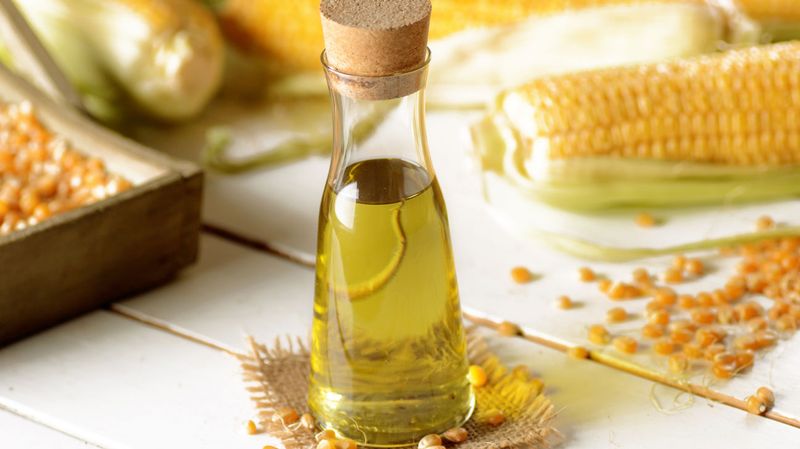



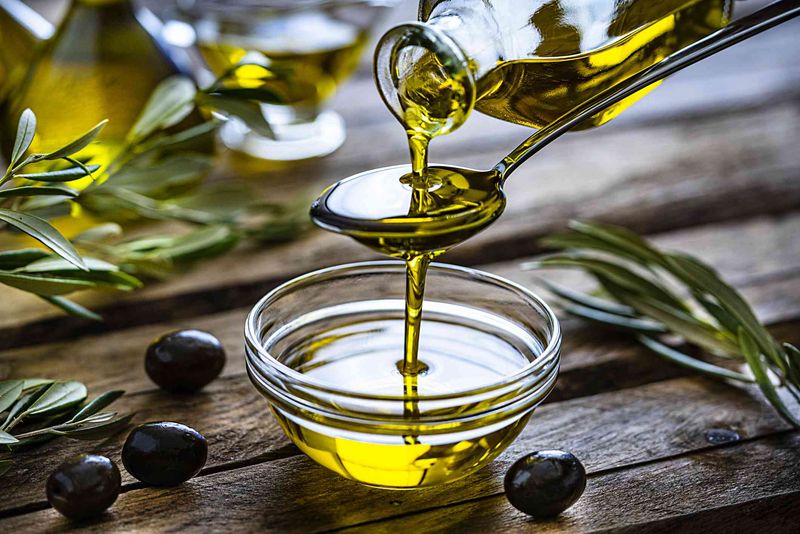
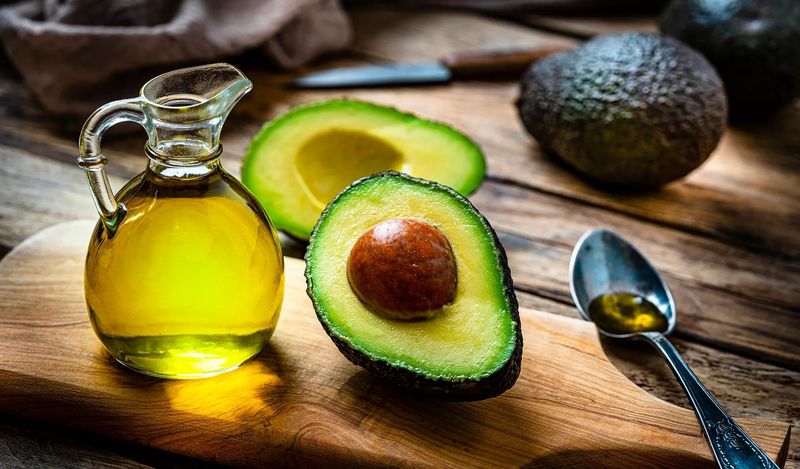
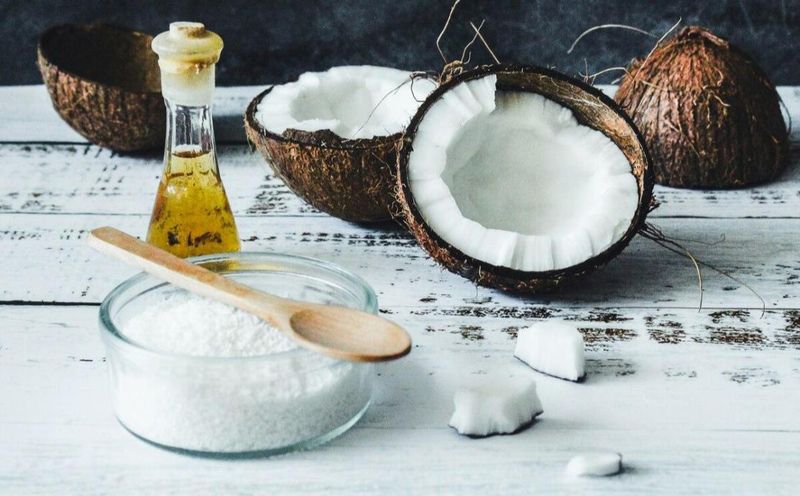
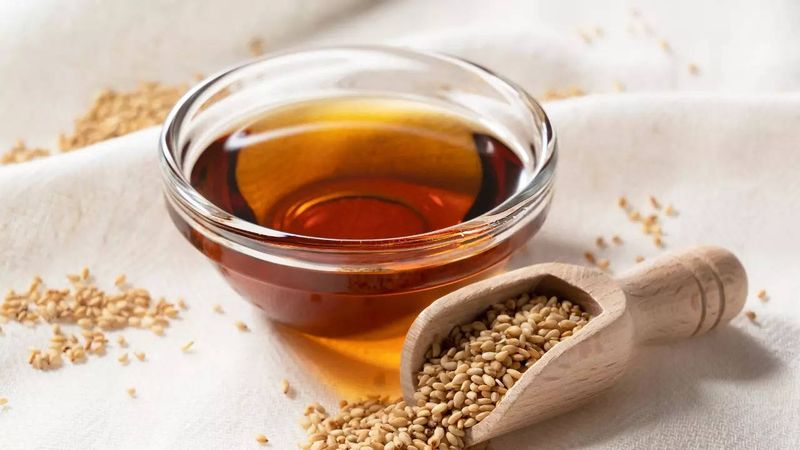

Leave a comment